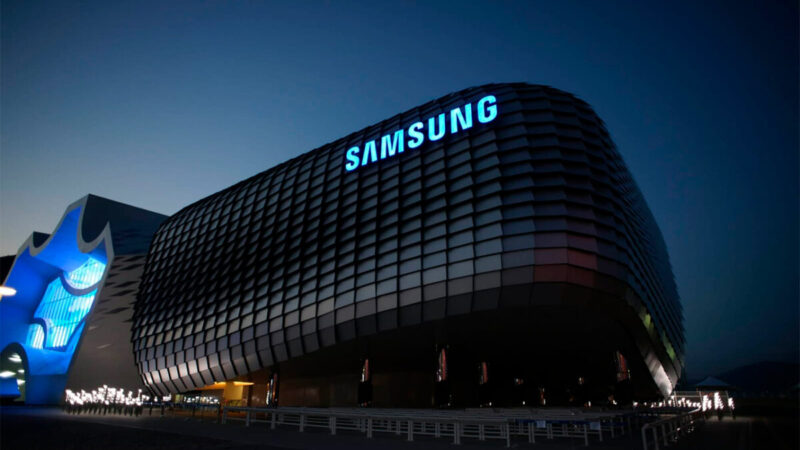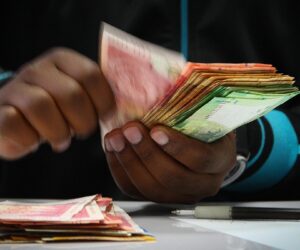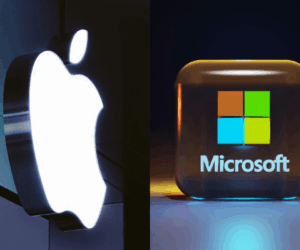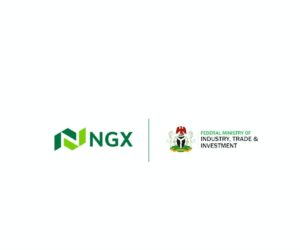Shares of Samsung Electronics and SK Hynix tumbled on Monday after Washington revoked key authorisations that had allowed them to keep importing U.S. semiconductor equipment for their chip plants in China.
SK Hynix shares fell 4.8%, while Samsung lost 3%, as investors worried about the sustainability of their operations in the world’s second-largest economy.
The waiver withdrawal gives both companies just 120 days before the new restrictions take effect. After that, they must apply for individual export licences from the U.S. Commerce Department to continue securing equipment for their Chinese facilities.
SK Hynix is most exposed, with analysts estimating that between 30% and 40% of its DRAM and NAND chips are made in China, mainly at its Wuxi factory. Samsung’s vulnerability is smaller since all its DRAM is produced outside China, though its Xi’an plants still supply roughly one-third of its global NAND output.
The announcement affected South Korea’s chip sector, with Hanmi Semiconductor, a major supplier to SK Hynix, plunging 6.3%, while Hana Micron fell 2.1%. U.S. equipment makers Applied Materials, Lam Research, and KLA are also expected to see reduced sales to Chinese clients.
In a statement, SK Hynix said it would maintain “close communication with both the Korean and the U.S. governments and take necessary measures to minimise the impact on its business.”
Samsung did not comment, though vice chairman Jun Young-hyun had earlier stressed that its Chinese operations are “important not only for the company but also for the global supply of memory chips.”
The decision comes just after U.S. President Donald Trump met with South Korea’s new president, Lee Jae Myung. The two leaders failed to release a joint statement, with unresolved issues around trade and investment still on the table.
South Korea’s trade ministry has since clarified that the waiver revocation was not tied to the talks but was instead part of Trump’s broader review of Biden-era export policies.
Analysts say the short-term disruption may be limited since both Samsung and SK Hynix are focusing on new investments in South Korea. However, longer-term risks include losing ground to competitors like Micron, which has less reliance on Chinese production.
Some experts also expect the two Korean firms to explore deeper ties with Chinese equipment makers to stabilise operations.
Complicating matters further, Trump has threatened to impose a 100% tariff on semiconductor imports. While exemptions may apply to companies building plants in the United States, such tariffs could still rattle a supply chain already under strain.
![]()











